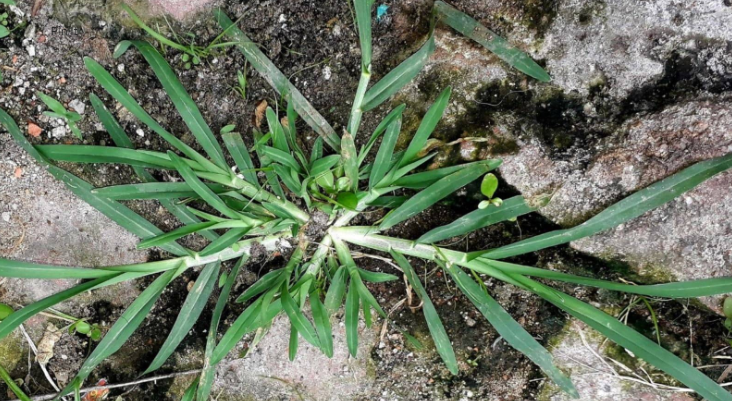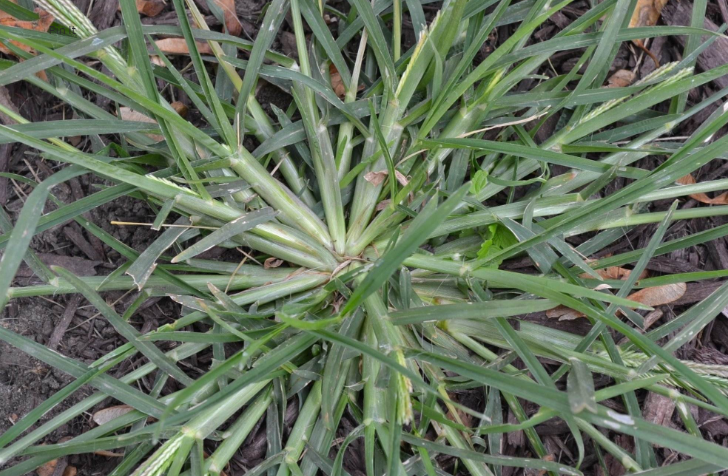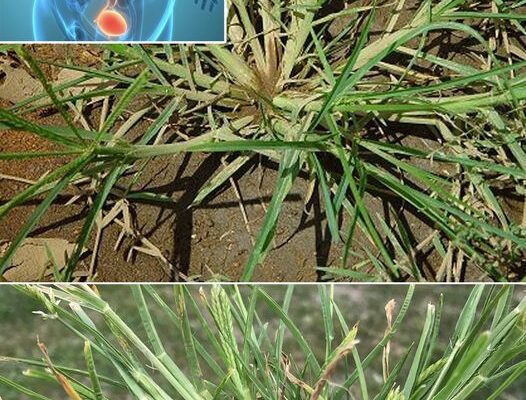Goosegrass (scientific name Galium aparine), also known as cleavers, stickyweed, or catchweed, is a common wild herb with a variety of medicinal uses. Often considered a weed, goosegrass has been used for centuries in traditional medicine due to its numerous health benefits. Here are the key health benefits and uses of goosegrass:
Health Benefits Of Goose Grass
1. Detoxification Dynamo
Goose grass has earned its stripes as a natural detoxifier. Its diuretic properties can help flush toxins from the body, supporting kidney function and promoting overall detoxification. The herb’s cleansing action makes it a valuable addition to herbal teas or detox drinks.
2. Supports Lymphatic System Health
One of the most notable benefits of goosegrass is its ability to support the lymphatic system. It helps stimulate the movement of lymph fluid, reducing swelling and helping to clear toxins from the body.
Why It Matters:
Reduces inflammation and swelling in the lymph nodes.
Helps with conditions like lymphedema and other lymphatic system disorders.
3. Skin Soother
Traditionally, goose grass has been used to alleviate skin conditions. Its anti-inflammatory properties may help soothe irritated skin, making it a natural remedy for conditions like eczema or psoriasis. Preparations such as salves or poultices can be applied topically for these benefits.
4. Digestive Aid
Goosegrass is known to support healthy digestion. It can be consumed as a tea to soothe indigestion, bloating, and constipation. The herb is often used to cleanse the digestive tract and improve nutrient absorption.
Why It Matters:
Relieves digestive discomfort such as bloating and constipation.
Supports overall gut health by promoting regular bowel movements.
5. Nutrient Rich
Surprisingly, goose grass is a nutrient powerhouse. Packed with vitamins and minerals, including vitamin C, vitamin A, and iron, it contributes to overall nutritional intake. Incorporating it into salads or juicing can offer a nutrient boost.

1. Natural Mulch And Compost Material
Embrace goose grass as a beneficial addition to your compost. Its green, fast-growing nature makes it an excellent green component, adding nitrogen to the compost pile. Additionally, when used as mulch, it can help suppress weeds and retain soil moisture.
2. Bioindicator For Soil Health
Goose grass can serve as a bioindicator for soil health. This plant is known to thrive in nitrogen-rich soils. Thus, its abundance may indicate favorable conditions, and conversely, its absence may suggest nitrogen deficiencies.
3. Erosion Control
The intertwining, adhesive nature of goose grass makes it useful for erosion control on slopes or areas prone to soil erosion. Its ability to quickly cover and stabilize the ground can be beneficial in preventing soil loss.

4. Wildlife Habitat
Goose grass can contribute to biodiversity. Its dense growth provides shelter for small insects and other wildlife. Additionally, the plant’s seeds are a source of food for birds, contributing to the ecological balance of your garden.
Disclaimer
The information we provide here is for general informational purposes only and should not be considered as professional advice. We suggest you consult with a healthcare professional or a qualified gardener before using goose grass for medicinal or gardening purposes, especially if you have underlying health conditions or specific gardening needs. Always ensure accurate plant identification before consumption or use.
Some may dismiss goose grass as a mere weed, but its versatility and advantages make it a plant worth exploring. So next time you encounter it, instead of removing it, think of it as a nature gift with potential benefits for your well-being and your garden.
